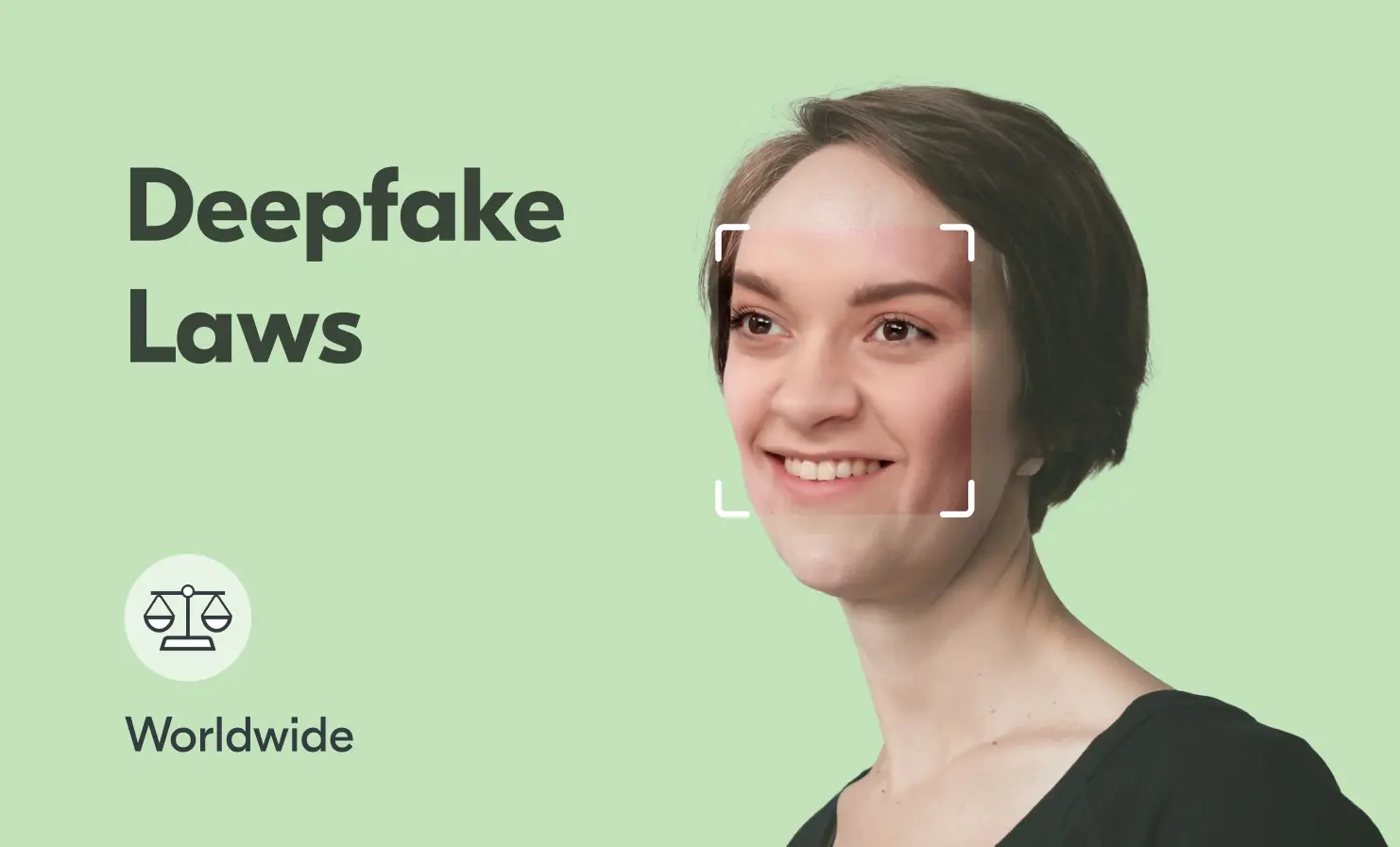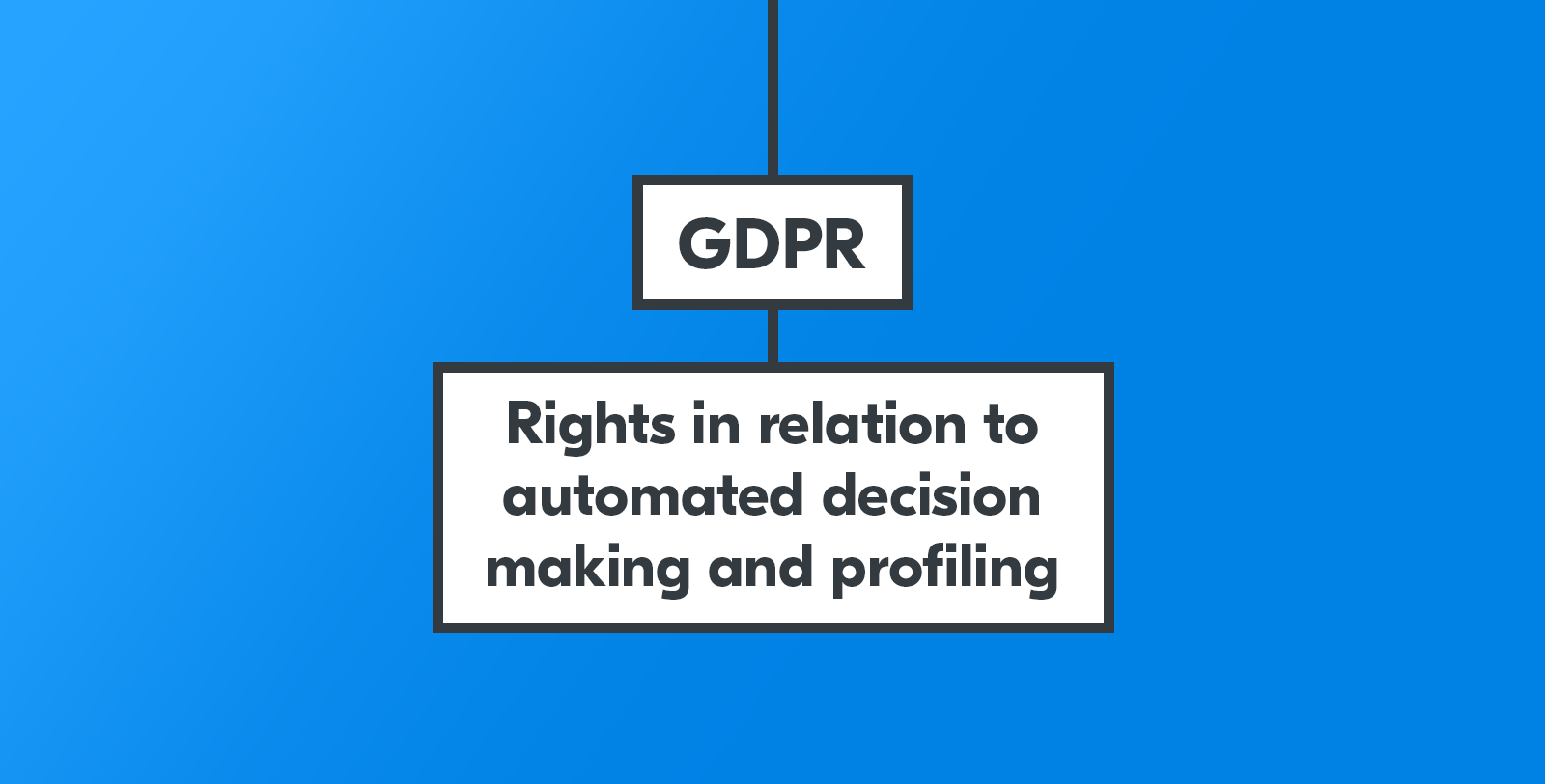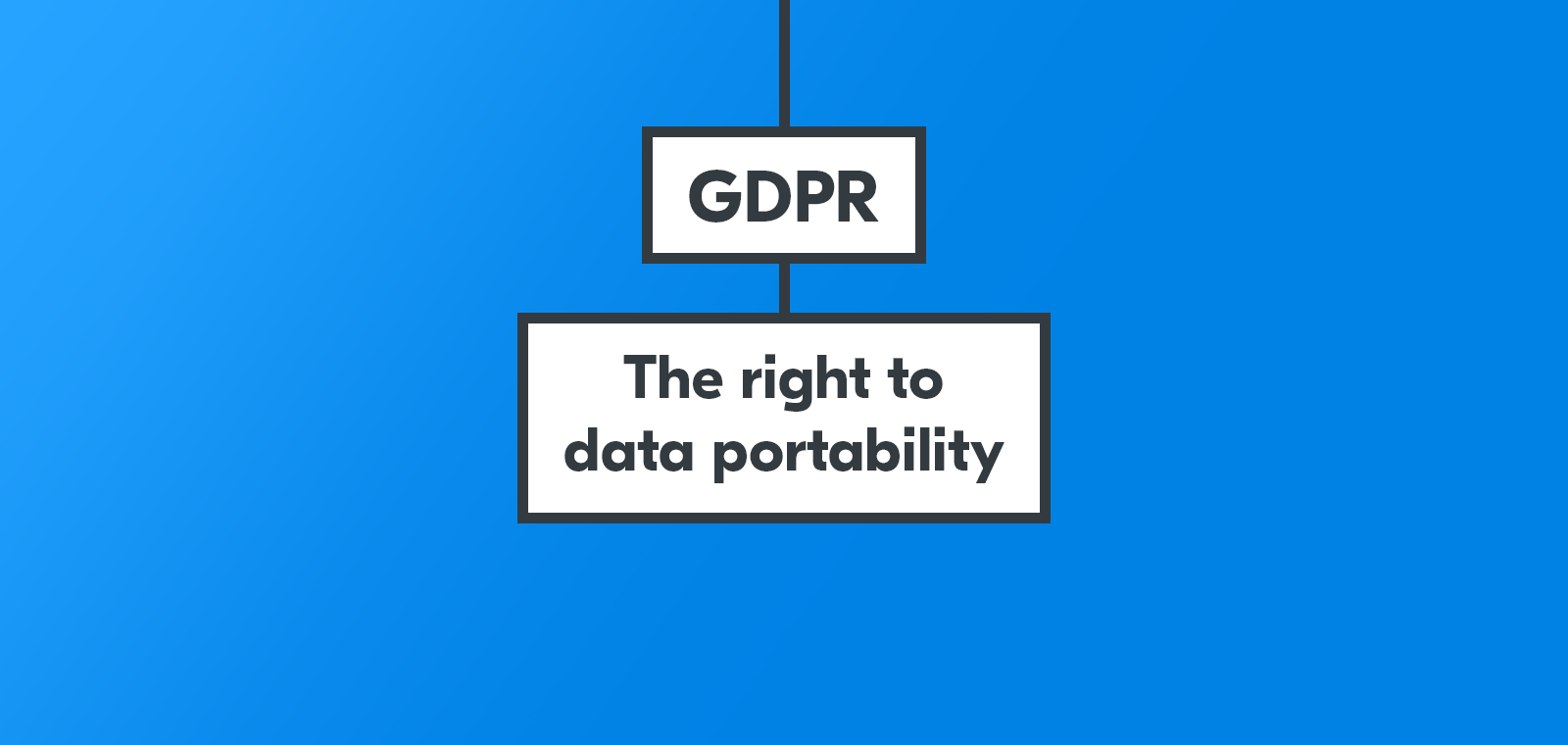Legislation
Deepfake laws: Global regulations in the digital age against sexually explicit and criminal use of deepfakes
If someone said the word ‘deepfake’ just a decade ago, nobody would know what they were talking about. The term hadn’t been coined and the technology as we know it hadn’t yet been created. Fast forward to the present day and it seems as though deepfakes are everywhere. However, their explosive and widespread prevalence has highlighted some serious problems such as criminal offence and sexually explicit deepfakes.. In response, regulatory bodies are beginning to pass laws to combat these issues, but they’re competing against the rapid evolution of the technology. This article gives a snapshot of some of
New JMLSG guidance recognises the power of digital identity
On 1 June 2020, the Joint Money Laundering Steering Group (JMLSG) published its revised guidance for what is expected of regulated financial services entities in relation to the prevention of money laundering and terrorist financing. The new guidance recognises the central role that digital identity and robust biometric technologies can play in ensuring regulated entities meet their anti-money laundering (AML) and counter terrorist financing (CTF) obligations. What is the JMLSG? The JMLSG is a private sector organisation that produces guidance to help the financial services sector meet its legal obligations in relation to AML and CTF. Its guidance isn’t
Strong support in the House of Lords for digital age verification
On Monday 20th July, several members of Lords gave strong support for digital age verification, including Baroness Neville-Rolfe, Lord Clement-Jones, Lord Stevenson of Balmacara, Lord Bourne of Aberystwyth, Lord Arbuthnot of Edrom, Lord Holmes. It’s fair to say that all concerned want effective digital age verification, even those that were opposed to the development of digital age verification during the Lords debate such as Baroness Pickering and Baroness Williams. But for it to be effective, it needs to be standards based and meet the requirements of industry stakeholders and the public. What was NOT clear on the floor of the
The Fifth EU Money Laundering Directive is arriving in the UK - here are a few things you need to know.
The Government’s amendments to the Money Laundering and Terrorist Financing Regulations (MLR) are coming into force. This is the result of the transposition of the EU’s Fifth Money Laundering Directive, as well as a set of standards set by the Financial Action Task Force (FATF). These amendments extend the obligations to meet the MLR requirements to other sectors, which means that they will be obliged to perform ‘Know your Customer’ (KYC) checks and potentially monitor certain transactions. For example, cryptoasset activities will now fall under the scope. Furthermore, businesses will also need to consider new high-risk factors when determining whether
Getting to grips with GDPR: Rights in relation to automated decision making and profiling
The eighth blog post in our series on GDPR rights is about the rights in relation to automated decision making. So far, our series has covered: Your right to be informed Access rights Correction rights Deletion rights Objection rights Restriction rights Portability rights Part 8: Rights in relation to automated decision making and profiling This is not a new right and the GDPR wording is almost identical to that in the EU Directive it replaces. The aim of this right is to provide safeguards for individuals against the risk that a potentially damaging decision is taken without human intervention.
Getting to grips with GDPR: The right to data portability
The seventh article in our series on GDPR rights is about the right to data portability. Catch up on previous articles about your right to be informed, the access right, correction right, deletion right, objection right, restriction right. Part 7: The right to data portability This is a new right under GDPR and its aim is to allow individuals to be able to easily get back certain personal information so they can do other things with it, or give it to another company. There are two aspects to the right: The right to get back some information. The right






